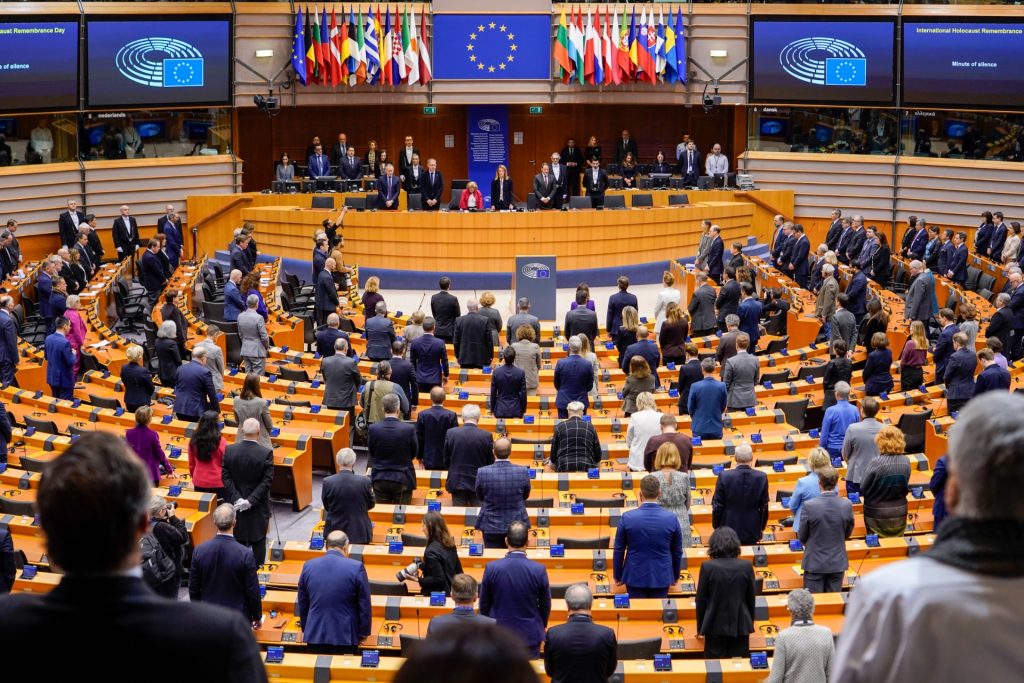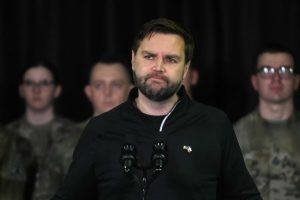European nations weigh increased defense investment as concerns grow over security and transatlantic relations.
Others are reading now
European Union leaders are gathering in Belgium today for a pivotal discussion on the future of Europe’s defense strategy.
The informal summit, organized by Portuguese Prime Minister Antonio Costa, takes place at the Chateau de Limont near Brussels.
The meeting comes as EU countries face mounting pressure from the potential return of Donald Trump to the U.S. presidency, along with his demands for increased defense spending.
According to 20 Minutos, Trump has urged allies to commit 5% of their GDP to defense, a target that most EU nations, including Spain, have yet to approach.
Also read
Costa emphasized that European security is at a crossroads, with Russia’s invasion of Ukraine reigniting fears of large-scale conflict on the continent.
“We all recognize the threats Europe faces,” he wrote in his invitation to EU leaders.
Defense and Industrial Cooperation
A key objective of the summit is to lay the groundwork for a long-term defense strategy, including the creation of a white paper on Europe’s military future.
Costa and other leaders advocate for increased coordination among member states to maximize efficiency, strengthen the defense industry, and ensure interoperability of military resources.
Spain and 18 other EU countries recently urged the European Investment Bank (EIB) to boost defense-related funding.
In response, EIB President Nadia Calviño announced plans to double defense investments to €2 billion by 2025.
However, leaders from Poland, Denmark, and Estonia argue that more is needed to replenish military stockpiles, enhance readiness, and maintain support for Ukraine.
Costa underscored the importance of acting collectively within NATO, noting that defense investments should also bolster economic competitiveness and job creation across Europe.
He added, “We must prepare to face a broad spectrum of threats while ensuring long-term stability for our defense industry.”
Preparing for a More Autonomous Europe
The EU’s focus on defense extends beyond military spending.
Leaders are discussing how to streamline investment processes, mobilize private funding, and reduce regulatory barriers for defense-related projects.
Costa is pressing for “more and better” joint investments to build a resilient and competitive defense sector capable of responding to emerging global threats.
Despite these ambitions, most EU nations remain far from meeting Trump’s proposed 5% target.
Currently, only Poland approaches that level, with most other countries hovering near or below 2%. Spain, for example, has committed to reaching 2% of GDP by 2029 but currently invests just 1.28%.
As Costa concluded, “Defense is not just about armies and weapons. It’s also about reinforcing Europe’s industrial and technological capabilities to protect our shared future.”








